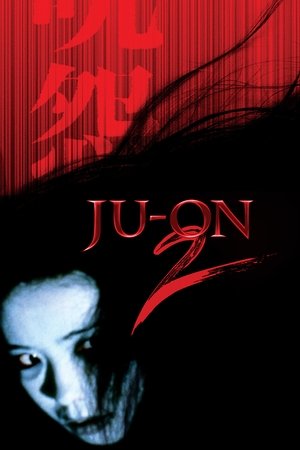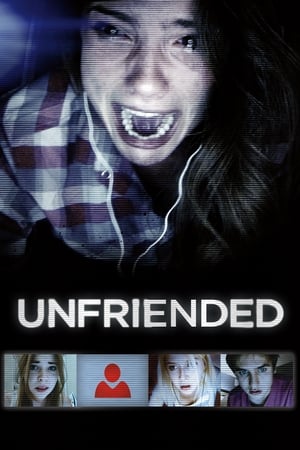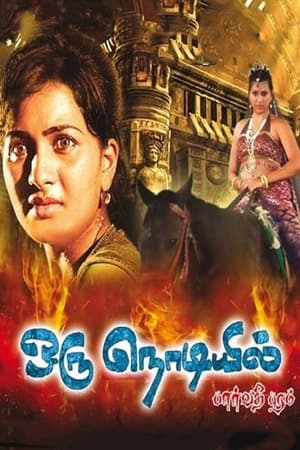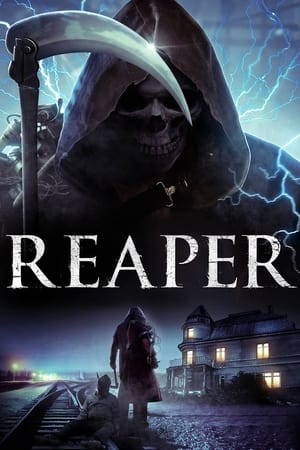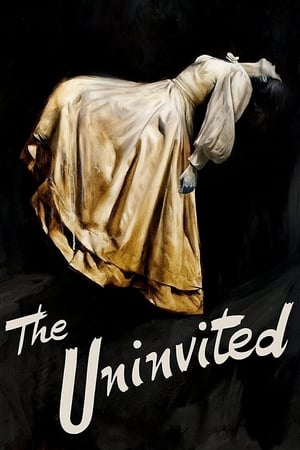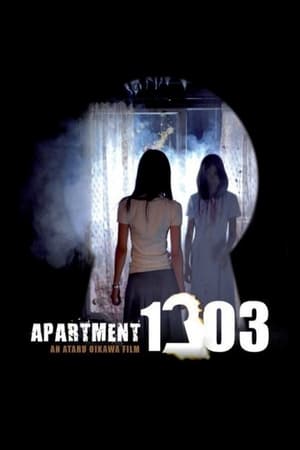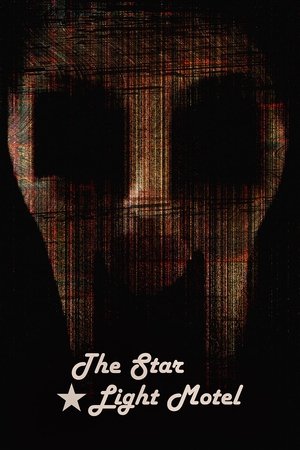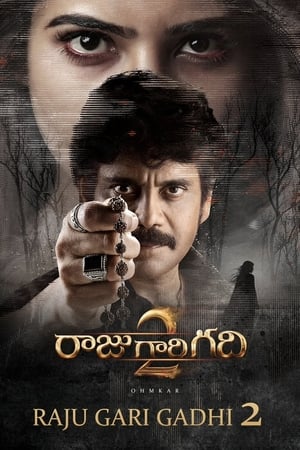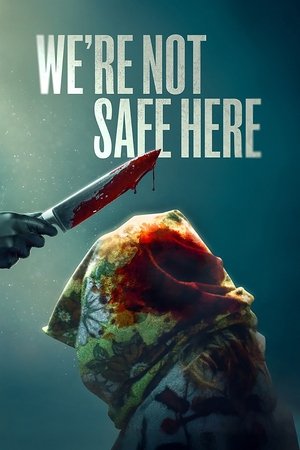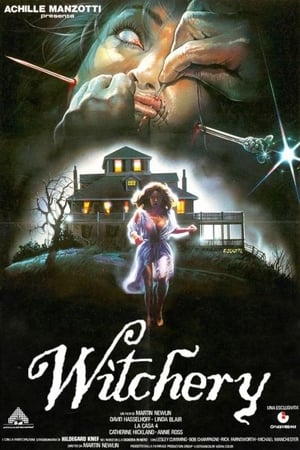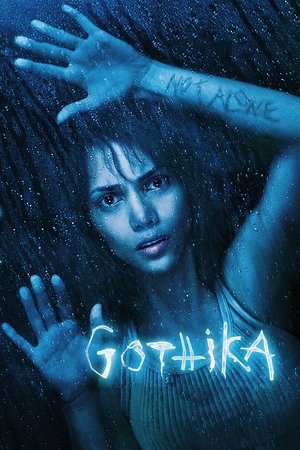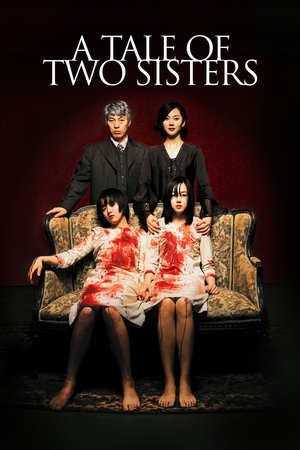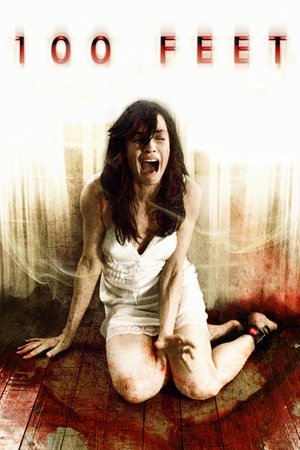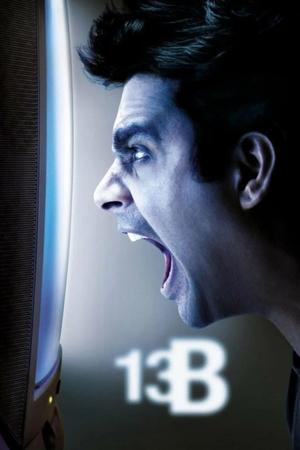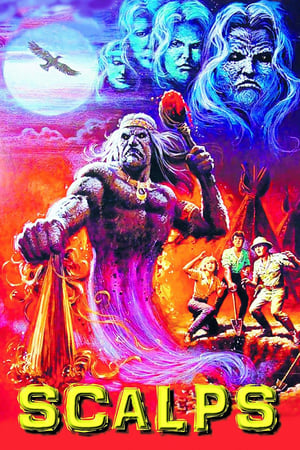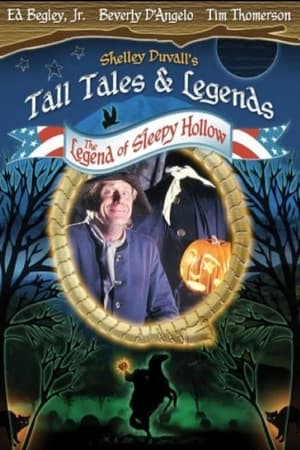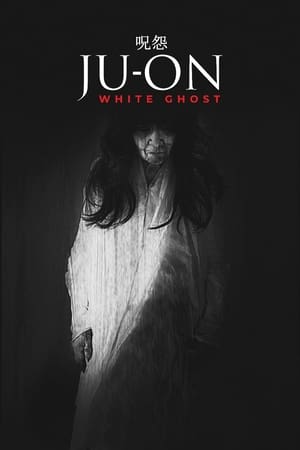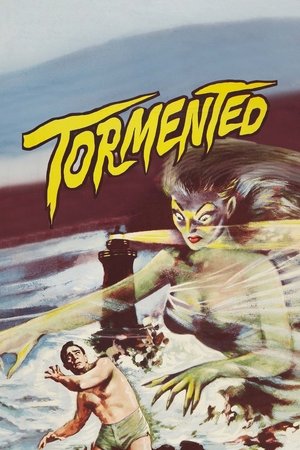Overview
Kiran gets his dad's property and decides to turn it into a hotel. Intriguingly, all the customers who come to stay there, dies inexplicably. What's happening?
Reviews
Frankly, most horror films made in Tamil cinema have only ended up as unintentional comedies. Director Deekay seems to understand this and though Yaamirukka Bayamey is a haunted house story, he goes for laughs more than chills. This approach (a very wise one) is what sets his film apart from recent successful films in the genre like Kanchana and Pizza. It is classier than the former and lacks the visual flair of the latter; there is a ghost-looking-for-revenge angle as in Kanchana, and like Pizza, it has some haunted house spooks, but, the film manages to carve its own space as both these tropes are used to generate humour.
The initial set-up is definitely tentative. We are introduced to Kiran ( Kreshna, who continues to pick interesting scripts), a schemer, and how he gets into trouble with a local dada Dorai by selling libido enhancement medicine. He comes to know about an ancestral property around the same time and goes to the hill station Kolliyur with his girlfriend Smitha ( Rupa Manjari), only to find that the property is a dilapidated mansion. On the advice of Sharath (Karuna), he refurbish his contact in the place, he refurbishes the place (with the money he windless from Dorai's son) and turns it into a lodge. Intriguingly, the guests who come to stay there start dying. What's the mystery behind the whole thing?
Nothing is taken seriously (when every statement made by a character comes true, we don't see others getting shocked but the scene, instead cuts to a dream sequence) or allowed to get too serious (the flashback sequence on ghost), and it could very well have ended up as downright silly (the ghost makeup looks mostly like facial gone bad) but the film somehow manages to keep us amused. A large part of the credit should go to Karuna, who manages to make Sharath both ambivalent and funny. We expect a supernatural reason behind everyone exclaiming that Sharath looks familiar and what we get is a sly and funny explanation. On the other hand, both the heroines are clearly there for oomph.
The horror genre's mandatory elements are all here — mansion in a lonely place, mysterious old man, mysticism, and even the quintessential dim lighting in the night scenes — but Deekay nicely subverts some of these cliches (we think we are getting the ghost's story during the flashback, but that isn't so). Also, he doesn't try to spoof the genre's tropes to elicit laughs but chooses to bring out the humour in other ways. It is this confidence that makes the film work.

 130 min
130 min
 6.6
6.6
 2014
2014
 India
India
 timesofindia wrote:
timesofindia wrote: